I am wondering what is the difference between these two methods of Executors class? I have a web application where I'm checking some data every 100 ms so that's why I'm using this scheduler with scheduleWithFixedDelay method. I want to know which method should I use in this case (newScheduledThreadPool or newSingleThreadScheduledExecutor)? I also have one more question - in VisualVM where I monitor my Glassfish server I noticed that I have some threads in PARK state - for example:
java.lang.Thread.State: WAITING
at sun.misc.Unsafe.park(Native Method)
- parking to wait for <3cb9965d> (a java.util.concurrent.locks.AbstractQueuedSynchronizer$ConditionObject)
at java.util.concurrent.locks.LockSupport.park(LockSupport.java:175)
at java.util.concurrent.locks.AbstractQueuedSynchronizer$ConditionObject.await(AbstractQueuedSynchronizer.java:2039)
at java.util.concurrent.ScheduledThreadPoolExecutor$DelayedWorkQueue.take(ScheduledThreadPoolExecutor.java:1088)
at java.util.concurrent.ScheduledThreadPoolExecutor$DelayedWorkQueue.take(ScheduledThreadPoolExecutor.java:809)
at java.util.concurrent.ThreadPoolExecutor.getTask(ThreadPoolExecutor.java:1067)
at java.util.concurrent.ThreadPoolExecutor.runWorker(ThreadPoolExecutor.java:1127)
at java.util.concurrent.ThreadPoolExecutor$Worker.run(ThreadPoolExecutor.java:617)
at java.lang.Thread.run(Thread.java:745)
Is it possible that these threads are connected with scheduler because I don't have any idea what else would create them? These threads are never destroyed, so I am afraid that this could cause some troubles. Here is a screenshot (new Thread-35 will be created in 15minutes and so on...):
